The toll wreaked from the events of September 17 and 18 has been extensive. According to the best estimates, more than 3,500 people were injured and thirty-seven were killed. The events I’m referring to, of course, were the sudden and surprise explosions of thousands of electronic devices, carried (in the majority) by members of Hezbollah in Lebanon. Among the injured were the Iranian ambassador to Lebanon, who reportedly lost an eye, and allegedly several personnel from the Iranian Revolutionary Guard Corp who sponsor and assist terrorist organizations across the world.
It seems that the Israeli intelligence services managed to pull off a huge coup, interdicting supplies of Taiwanese-made pagers and Japanese-made handheld radios via a Hungarian front company (again, allegedly) and planting in them explosives that could be detonated remotely. Similar methods have reputedly been used before, but not on this scale.
Most Israelis recognize the ‘it’s us or them’ nature of their national existence
The audaciousness of the operation is a reminder that Israeli security is still not to be underestimated. The service has long held a reputation for its fearsome and ruthless efficiency, but that took a significant blow when Hamas invaded across Israel’s southern border almost a year ago, killing some 1,200 people and taking another 240 as hostages, beginning the conflict in Gaza. This failure, compounded by intelligence mistakes in the Israeli incursion, took the sheen off Israel’s reputation of having arguably the best intelligence apparatus in the world. Events of the last week, however, mean that much confidence has been restored, especially as Hezbollah has always been considered a more significant threat to Israel than Hamas.
We are now left with a question: is this operation a one-off or is it the herald for another Israeli invasion of Lebanon? Historically those haven’t worked out so well, but the fact that Israel followed the sabotage attack with heavy air raids on Hezbollah positions on the night of September 19 has caused nervousness across the Middle East. Yesterday, Israel struck targets in Beirut. Netanyahu’s government has declared that it intends to make northern Israel safe enough for the 60,000 people displaced from their homes to return. The implications of this are that Hezbollah must end their attacks. If they don’t, the Israeli’s will have to march in to stop them. Defense minister Yoav Gallant says that Israel is entering a “new phase” of war.
Whether that happens we shall have to wait and see. One should assume that the Israelis are cautious about wading into another bloody campaign, especially against an enemy which is, despite the recent setbacks, still extremely formidable on its home turf and has spent decades preparing for a full-scale war. No doubt this may also be the point the Israelis are wanting to make with their pager attack: we don’t need to come for you, we can reach you anywhere.
The attack has started an international debate about the legality of waging this kind of warfare. Supporters claim that this was a highly-successful and targeted attack — the pagers and radios were in the hands of members of a terrorist organization. Critics point out that perhaps as many as a dozen children were killed, and the nature of the operation means that proper safeguards on targeting could not possibly be implemented, making this a war crime. The problem with having a debate at all is that outside opinions have practically zero effect on either Israel or Hezbollah. Even the repeated calls to impose arms embargoes on Israel would likely have only a limited effect on their military capabilities. Israel, a nation of only around ten million people, has one of the most advanced arms industries in the world for a reason — it understands that the only guarantor of their security is its own people.
The leadership of Hezbollah have declared that the group will have its revenge. However, they have not, as pointed out by Limor Simhony Philpott in her piece for The Spectator, gone as far as to declare war. Hezbollah’s reluctance to make things official, as it were, or at least promise more than a “just punishment,” speaks of caution in their decision making. They have taken a major blow from this attack, with thousands of their operatives and sympathizers injured and, more particularly, compromised. No doubt before initiating the pager attack, the Israelis made sure their sources in Lebanon were in position to record those who came to hospital suffering from the explosions. This would have been considerably aided by the slew of videos of the event being put on social media post-detonation and the footage of the victims at hospital. Even the tragic death of a nine-year-old child, killed while bringing her father his pager, gives Israeli intelligence another target. Callous, yes, but I reiterate the reality that Israel really doesn’t care for the hand-wringing from the chattering classes on Twitter — or even the condemnation of allied governments.
Most Israelis recognize the “it’s us or them” nature of their national existence and so, while plenty disagree with Netanyahu and his clique’s expansionist ideas for Israel, they also realize that not taking action leads to the end of their country and likely themselves. Whether this action helps Israel or becomes just another of the myriad of tit-for-tat attacks that has become the norm for international relations in the Levant, we shall just have to wait and see.
This article was originally published on The Spectator’s UK website.



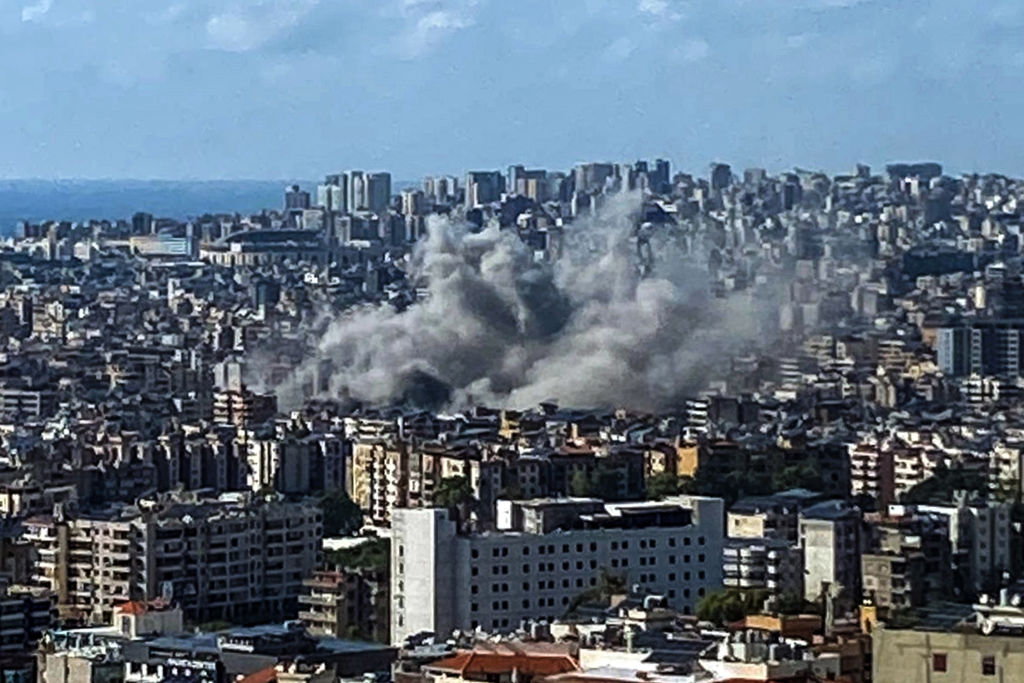








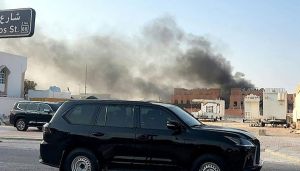

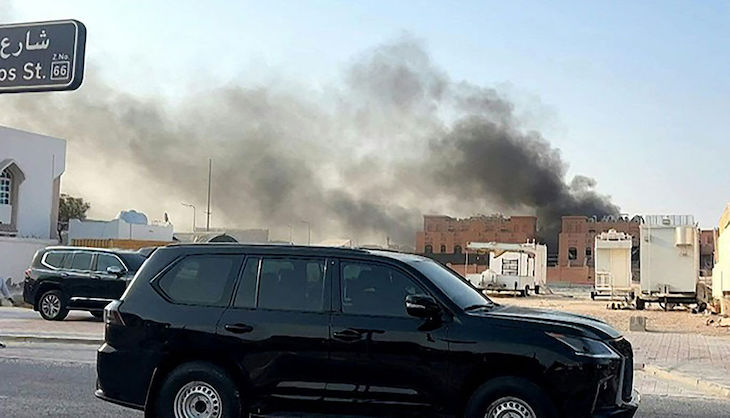
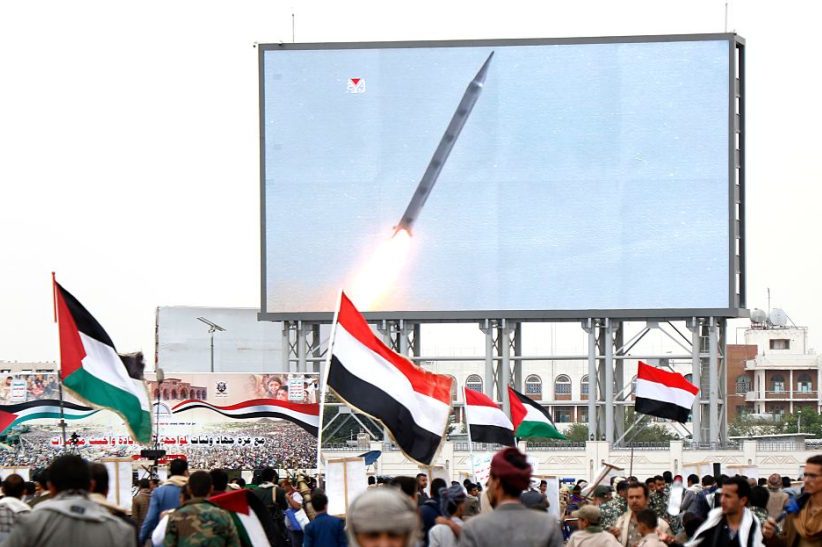

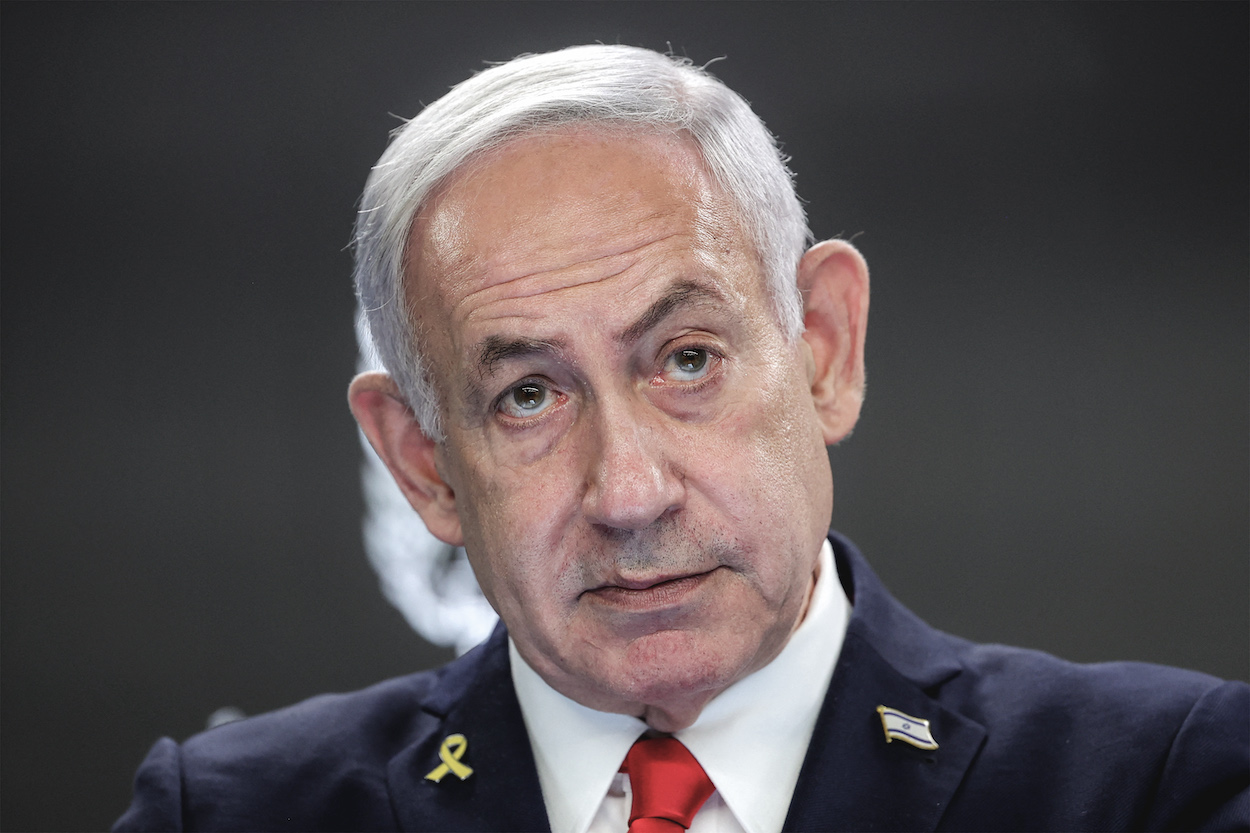








Leave a Reply